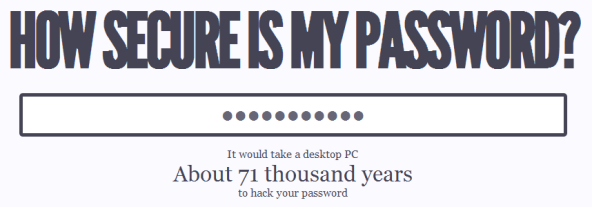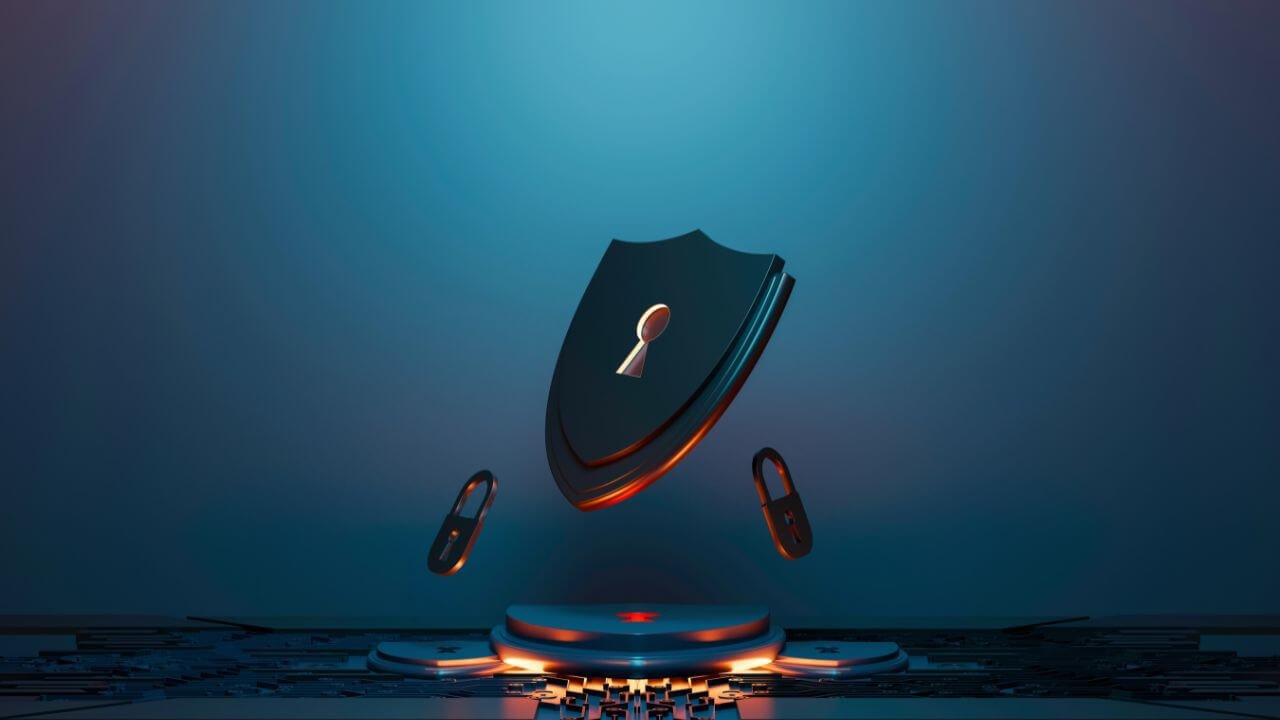Have you ever wondered how secure your password is?
This is a question that should nag every person who is involved with meetings and events for several reasons. We are increasingly online with our attendee databases, event financials, and event marketing strategies, which is information that some people would pay good money for.
You are only as secure as your staff’s weakest password.
You may not be able to control the passwords of all of your colleagues, but at least you can ensure that you are not the source of the data leak that winds up on the homepage of the Huffington Post.
Find out how secure your passwords are by heading over to “How Secure is my Password” and type away. The site updates as you type, telling you how long an average PC would take to crack your code.
You might be amazed that you are not as secure as you think.

Now that you have had a look, here are ten tips for creating better passwords:
- Use a Mix of Characters: Your passwords should include a combination of upper and lower case letters, numbers, and special characters. This makes them harder to guess or crack.
- Avoid Common Words and Phrases: Steer clear of easily guessable passwords like “password,” “123456,” or “admin.” Also, avoid using common phrases, even if they include numbers and special characters.
- Length Matters: Aim for passwords that are at least 12 characters long. Longer passwords are generally more secure.
- Avoid Personal Information: Do not use easily accessible information like your name, birthday, or address. This information can be easily found by hackers and used to guess your passwords.
- Use a Password Manager: A password manager can generate and store complex passwords for you. This way, you don’t have to remember every password, and you can ensure each password is unique and strong.
- Change Passwords Regularly: Regularly updating your passwords can help protect against ongoing threats. Aim to change your passwords every three to six months.
- Enable Two-Factor Authentication (2FA): Whenever possible, use 2FA. This adds an extra layer of security by requiring a second form of verification, like a text message or an email.
- Do Not Reuse Passwords: Using the same password across multiple sites increases the risk that a breach on one site could compromise your accounts on other sites.
- Beware of Phishing Attempts: Be cautious about where you enter your password. Phishing scams can mimic legitimate websites to steal your credentials.
- Educate Your Team: Since your organization’s security is only as strong as the weakest link, ensure all staff are educated about the importance of strong passwords and how to create them.
Remember, strong passwords are a fundamental part of protecting sensitive information, especially in event planning, where you handle large amounts of personal and financial data. Regular training and updates on cybersecurity best practices can significantly enhance your organization’s overall security posture.


